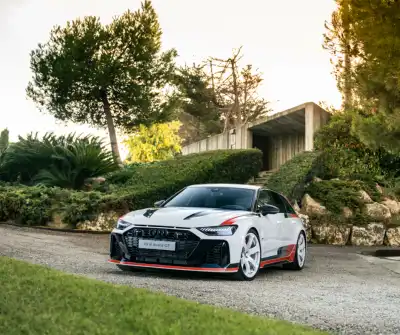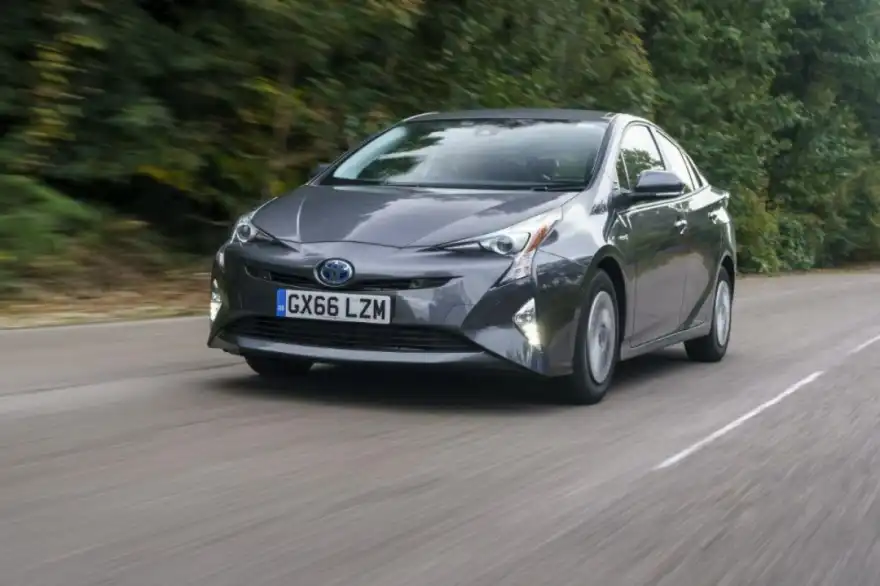
Hybrid car batteries aren’t too dissimilar from any other batteries. They are made up of large groups of battery cells which do lose power (and the ability to retain charge) over a period of time. Fortunately, all manufacturers will provide a warranty on their hybrid car batteries of between 8 and 10 years and up to 100,000 miles - depending on the manufacturer and model.
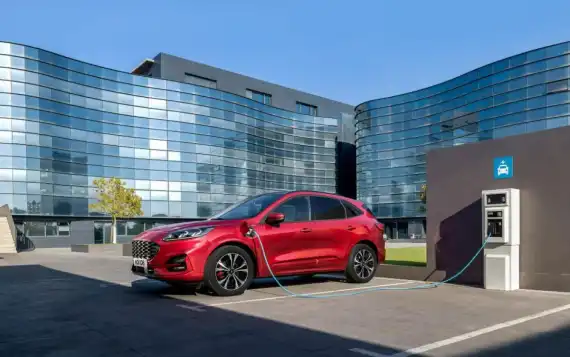
If you’re in the market for a second-hand hybrid and you’re concerned about how much life is left in the battery, you can rest assured that the warranty for the battery will exceed the regular manufacturer’s warranty, and as long as the car has less than 100,000 miles on it then you should be fine.
Are hybrid car batteries expensive?
The cost of replacing a battery in a hybrid vehicle can be quite unsettling if you’re not getting it covered under a warranty. For example, Toyota will charge about £1,200 for a new battery in a Mark1 Prius and about £1,100 for a battery in a Mark2 Prius.
Those models were slightly more primitive and therefore cheaper. If you were to change the battery on a Mark 3 Prius outside of a warranty and you could be looking at a cost of almost £6,000. Compare this with the repair costs that come with most petrol or diesel cars and it is certainly an expensive bill.
Thankfully its actually quite rare for anyone to be footing the bill for a replacement battery in their hybrid vehicles because most are still under warranty, but it does beg the question that as the early hybrids start to age, will more and more unfortunate customers be left with an unsightly invoice from the repair centre? Sadly, yes they will - unless scrappage schemes or subsidies are introduced in the meantime.
What happens when a hybrid car runs out of battery?
When a Hybrid car runs out of battery whilst out and about the car will switch to using its combustion engine as the sole power source. The car will then recharge itself off the combustion engine and through regenerative braking.
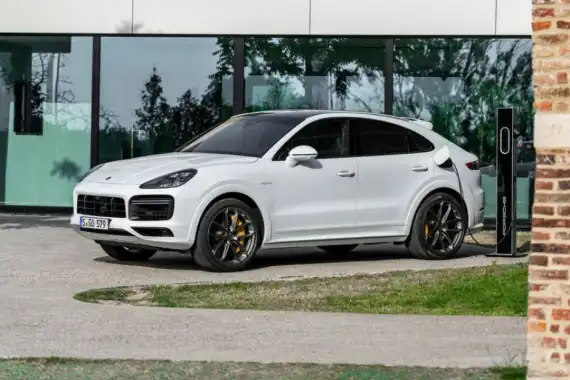
When a Hybrid cars battery dies and can no longer retain charge a symbol will appear within the instrument cluster on the vehicle’s dashboard. The vehicle will also have a noticeable reduction in power and in fuel economy. The vehicle should still be able to operate as normal though thanks to the combustion engine, however, the strain of the engine will not be supplemented by the electric motor.
How long do hybrid car batteries take to charge?
The time taken to charge a Plug-In Hybrid car battery depends on two things. Firstly, the rate of charge, which is measured in kW, and the size of the battery, which is measured in kWh.
For example, a Toyota Prius Plug-In has an 8.8 kWh battery. If you were to charge this using a 2.3 kW domestic plug socket it would take around 4 hours.
If you were to use a standard domestic wall box, which charges at a faster rate of 7 kW, the time required for a full charge would be drastically reduced to about 1 hour 20 minutes.
The equation to work out the time required for a full charge is the battery size divided by the rate of the current from the charging source. So as a simplified and representative example: a 10 kWh battery would take 4 hours to charge with a current of 2.5 kW.
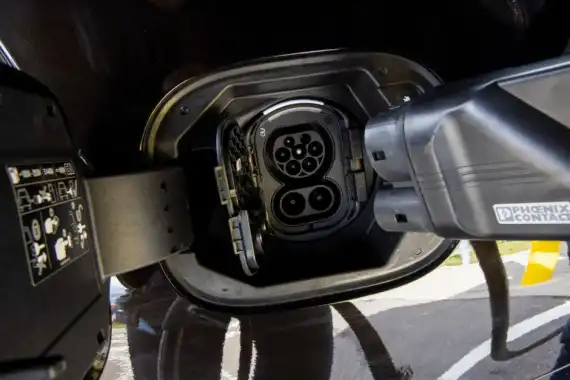
If you’re in the market for a Hybrid car and you’ve heard horror stories about electric cars needing 15+ hours of charging via a domestic 3-pin plug, rest assured that hybrids are considerably quicker to charge, however, you’ll still want a 7 kW wall box installed to make the process even slicker...


